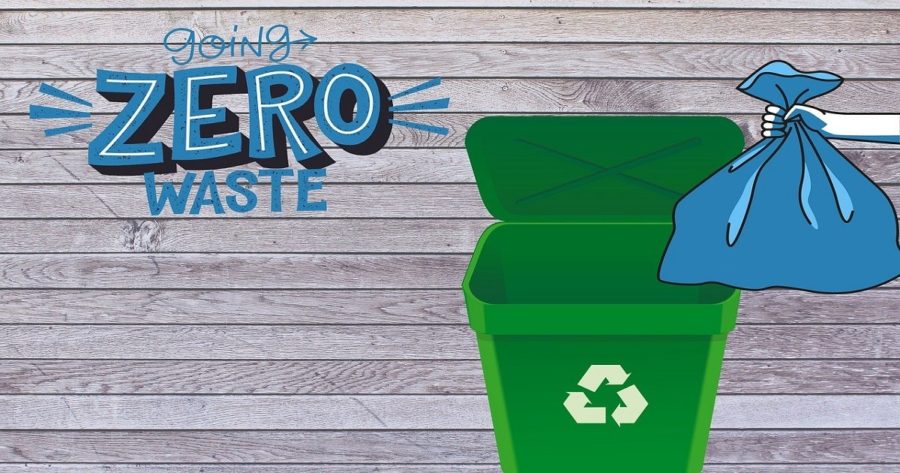Canadian Environmental Minister Guilbeault, Proposing Major Changes To How Products Get Recycled In Canada
- lolaig
- Canada
- Environment
- Trending
- July 25, 2022

The Next Steps In Canada’s Zero Waste By 2030 Plan
Today, the Minister of Environment and Climate Change, Steven Guilbeault, announced the next step in delivering on Canada’s commitments on plastic waste and pollution by launching two consultations to:
– Develop rules for recyclability and compostability labeling and,
– Establish a federal plastics registry for producers of plastic products.
These measures will help improve the collection and end-of-life management of plastics and help keep these products out of the landfills and environment. The Government of Canada will continue to develop new measures to help reach its goal of zero plastic waste by 2030.
In Canada, plastic packaging represents nearly half of all the plastic that ends up in landfills, with only 15 percent of packaging successfully recycled. The labels on plastic packaging are often inaccurate, leading to confusion among consumers.
“Far too many plastics end up in our landfills, our waterways, on our streets, and in our environment. We must find a way to recirculate plastics in our economy. That means improving outcomes at each stage in the recycling process, and helping consumers understand labelling rules so that plastics are used multiple times. We also need better data collection, and rules for responsible producers that are consistent, comprehensive, and transparent. Together, these tools can help keep more plastic in the economy and out of the environment as we make measurable progress towards zero plastic waste.” Said Steven Guilbeault, Minister of Environment and Climate Change
New labeling rules would prohibit using the chasing-arrows symbol and other recyclability claims on plastic products unless at least 80 percent of Canadians have access to recycling systems that accept and have reliable end markets. Labeling rules would also regulate the use of terms like “compostable” and “biodegradable” on plastic products requiring them to be certified by a third-party organization.
The proposed labeling rules would be a part of the new regulations aimed at improving plastics recycling through better product design.
The Government of Canada is also committed to developing a registry requiring producers to report annually on plastics in the Canadian economy. The plastic registry would collect data on the life cycle of plastics in Canada by requiring companies to report the number of plastic products they place in the market and how these products are diverted from landfills at the end of their lives.
Extended Producer Responsibility (E.P.R.) is a policy approach in which a producer is responsible for collecting and managing products and packaging at the end of their life. Although this policy sounds like a good idea, it is difficult to know how effective it is in reducing waste because E.P.R. programs are inconsistent across Canada and hard to access.
Until October 7, 2022, partners, stakeholders, and the public are invited to comment on the discussion papers for developing new labeling rules and a Federal Plastic Registry. A draft regulatory text for labeling rules is targeted for publication as early as mid-2023.








